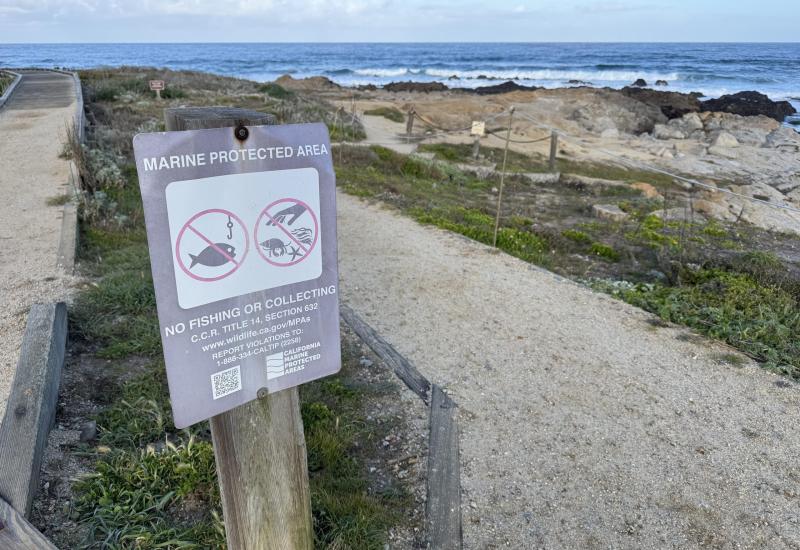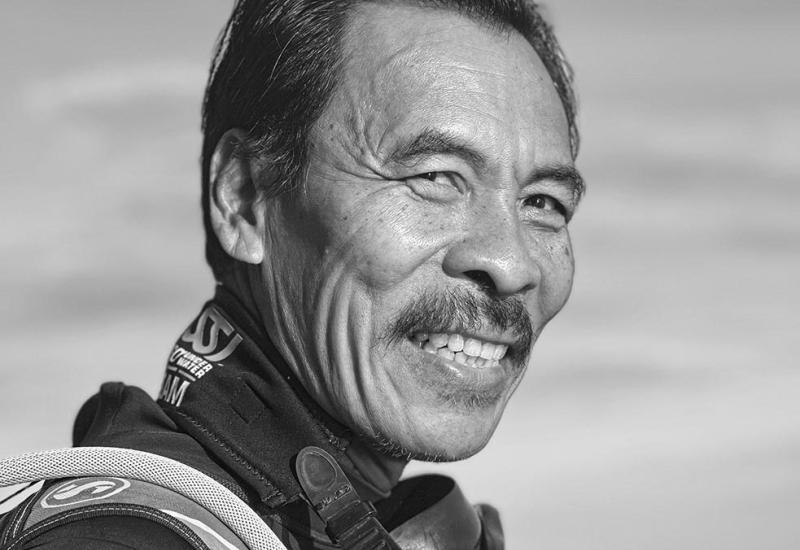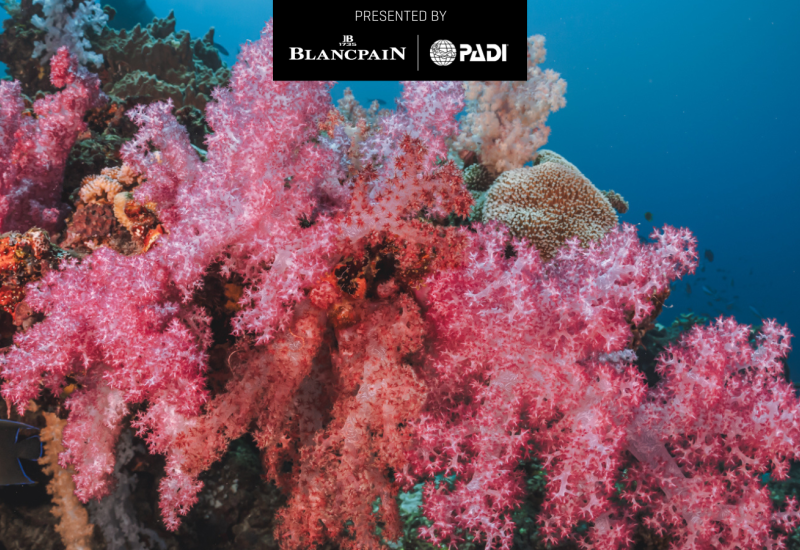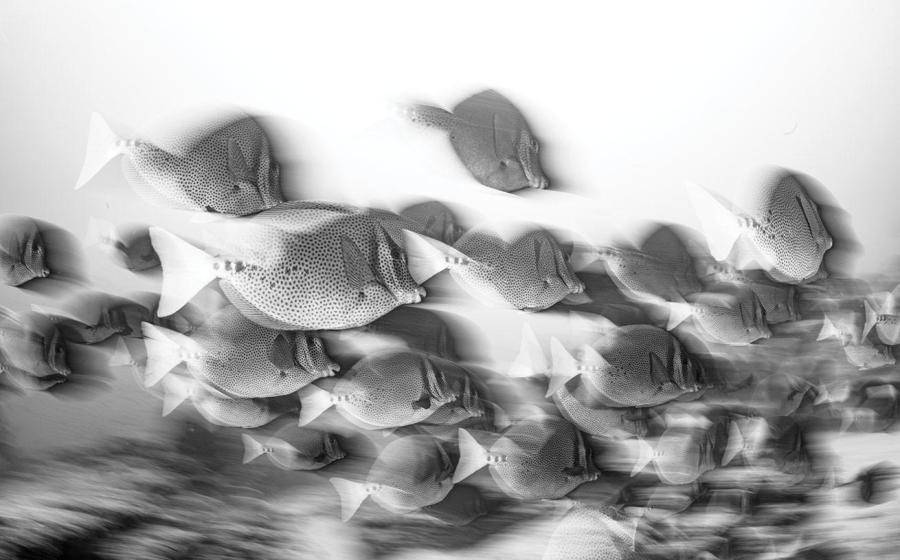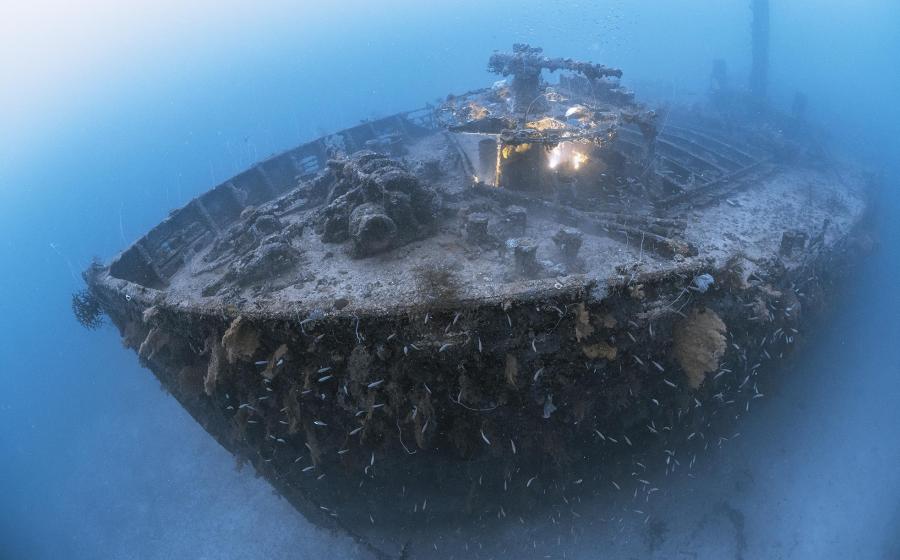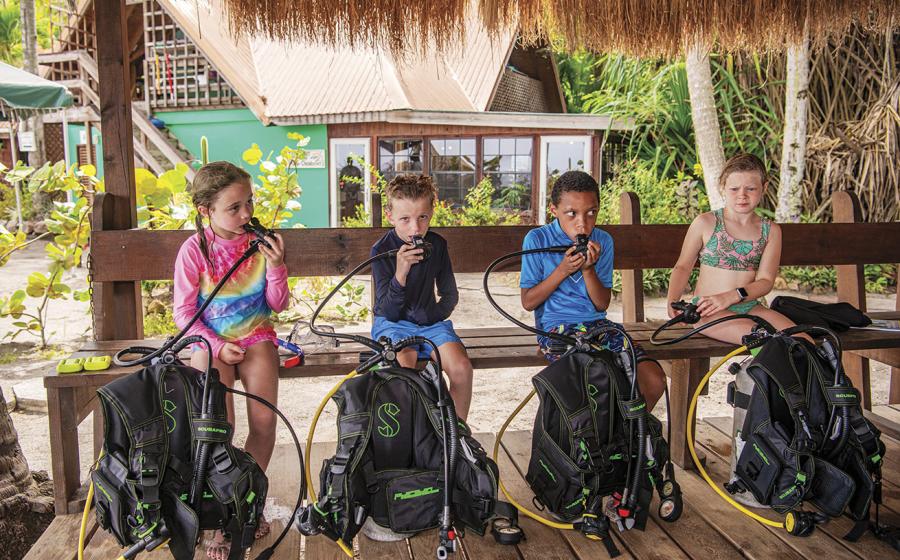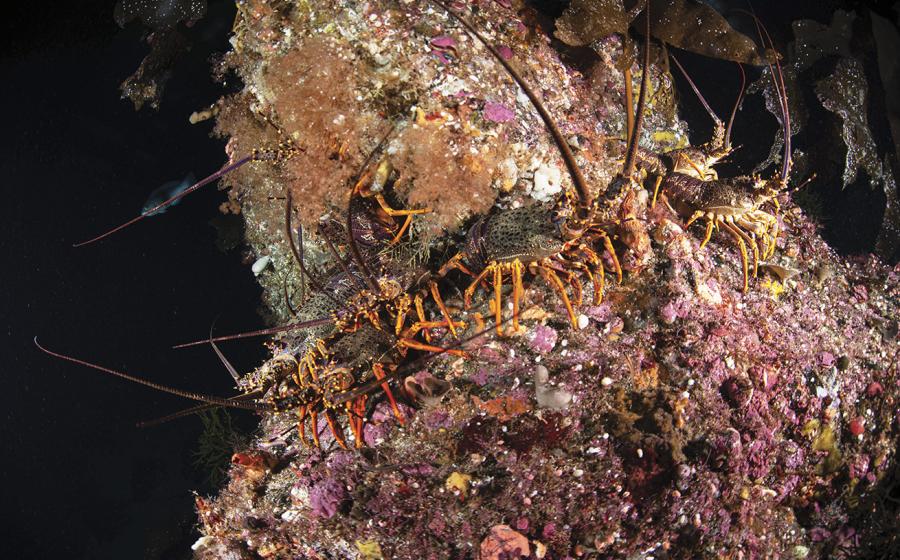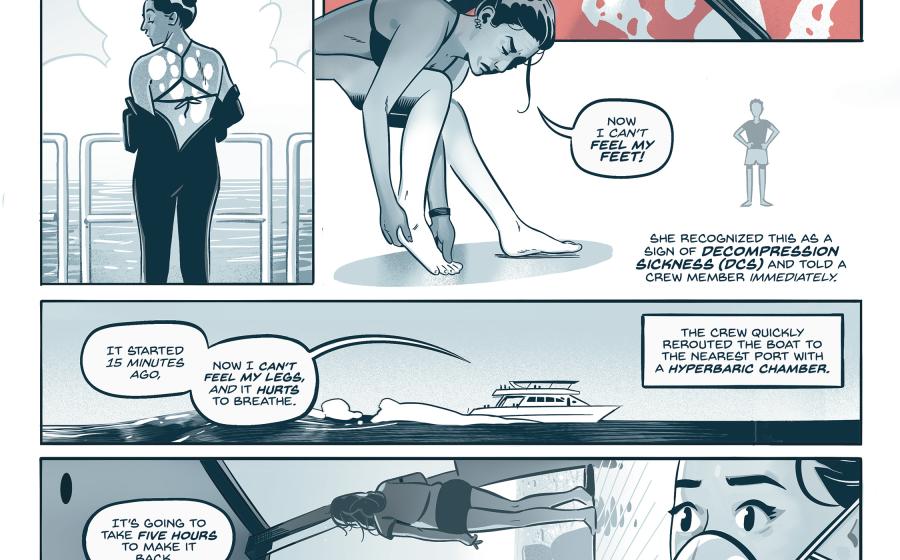From Down Under to Worldwide: How One Aussie Dive Shop Is Making Global Waves
Ian AmosDivers collect debris from Manly Cove during their annual joint PADI Dive Against Debris and beach cleanup .
When Dive Centre Manly decided to remove plastic waste from the harbor, their local efforts led to a partnership with PADI AWARE Foundation. They ignited a movement with substantial national and international impact against plastic pollution.
Richard Nicholls, who owned Dive Centre Manly for 30 years before retiring, was instrumental in leading harbor cleanups, starting in the early 1990s. Data from the Australian Microplastic Assessment Project reveal that Manly Cove is one of the most polluted beaches in the country, with over 78.9 pieces of microplastic per square foot, or 850 pieces per square meter.
“If you look at the beach, it's been nicely swept by the tractors this morning, we've got an offshore wind as people enjoy themselves, but when you go underneath it tells a different story, and that story is primarily only seen by divers,” he said. “That's the awareness that we have to raise.”
In 1995, Nicholls’s harbor cleanups evolved into the Dive Against Debris initiative. By the late 2000s, Nicholls began advocating for local businesses to eliminate single-use plastics, bringing evidence of ocean pollution to support his cause, and partnered with PADI AWARE.
Today, Dive Against Debris is a global movement under the PADI AWARE Foundation, supported by PADI. It spans over 120 countries, with citizen-scientist divers collecting plastics and recording data in an international database.
For Nicholls, partnering with PADI AWARE was essential. "We needed the credibility that a global diving organization could provide and the scientific validation for our work," he explained, especially when talking to state and federal politicians. “This is a serious thing,” he said. In 2017, the PADI AWARE Foundation launched an app to allow participants to report their data easily.
Today, it’s the largest, underwater marine debris database on the planet, according to the foundation, reporting more than 2,000,000 million pieces of trash—highlighting geographical distribution, hotspots, changes that have occurred over time, and marine animal entanglement.
Related Reading: Divers Remove 14,000 Pounds of Trash in the Florida Keys
Ian AmosTeam Seiko and Man of Manly show off their spoils from their dive against debris.
Snorkelers Participate in Operation Straw
Alongside Dive Against Debris, a friend of Nicholls initiated Operation Straw, a separate project focused on snorkeling to collect plastic straws. This distinction ensured that the data collection from scuba divers remained unaffected, as Nicholls noted. In just 12 weeks, volunteers retrieved over 2,000 plastic straws from the area.
For Nicholls, the efforts are about divers making an impact. “We need to do better. If divers can play their bit, whether it's for sharks and rays or plastic waste—fantastic. That's a really great contribution we can have to the world,” he says.
Inspiring the Single-Use Plastic Ban
The combined efforts of Operation Straw and Dive Against Debris contributed to local businesses discontinuing single-use straws. A local councilman got involved and helped take it further. “This was actually the starting stone for what is now the single-use plastic ban in Australia,” says Florian Allgaeuer, PADI environment and sustainability specialist. Building on this momentum, Minister Griffin collected plastic litter from Manly Cove in October 2022, in preparation for the upcoming ban on single-use plastics set for November 1. “So, the plastic ban went from regional to federal courts, and was really one of the spark plugs to federal changes in Australia and plastic legislation,” says Allgaeuer.
Related Reading: On a Mission to Preserve the Arctic
PADI AWARE continues to focus on addressing the plastic issue internationally with a campaign on the Global Plastics Treaty. The International Negotiation Committee of the United Nations is working on a legally binding global treaty to address the future of plastics. This treaty is being negotiated by representatives from 180 countries—along with various nonprofits and organizations including PADI AWARE—to shape a comprehensive solution for plastic pollution.
“Thanks to our Dive Against Debris platform and all the data we have that we can share on what we actually find on the bottom of the ocean, the PADI AWARE Foundation and our policy team are directly represented during those negotiations,” says Allgaeuer.
Ocean enthusiasts can support the policy to end plastic pollution by signing a petition.
For Allgaeuer, the story of Manly is impressive and important, because it shows how a “small community of people can have a ripple effect on the local environment that then expands out to bigger changes.”

